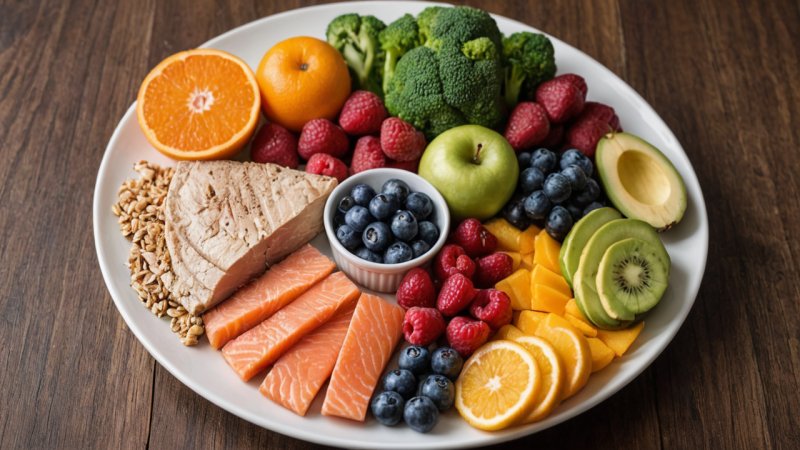Nutrition is a critical component of athletic performance that often gets overlooked amid training regimens and equipment upgrades. Athletes in various sports, including cycling, football, and winter sports, must understand how proper nutrition can enhance their performance while also promoting safety and recovery.
First and foremost, the right nutrition provides the energy needed for intense training sessions and competitions. Carbohydrates are the primary fuel source for athletes, especially in endurance sports like cycling and long-distance running. Consuming complex carbohydrates such as whole grains, fruits, and vegetables can help maintain energy levels during prolonged exertion.
In addition to carbohydrates, protein plays a vital role in muscle repair and growth. Athletes should aim to include high-quality protein sources in their diet, such as lean meats, dairy products, legumes, and nuts. This is particularly important after training sessions, as the body needs protein to recover and build muscle strength.
Furthermore, athletes cannot overlook the importance of hydration. Dehydration can significantly impair performance and increase the risk of injury. It is crucial to drink water before, during, and after physical activity. For long-duration events, electrolyte drinks can help replace lost minerals and maintain optimal performance levels.
Vitamins and minerals are also essential for athletes. Nutrients like calcium, iron, and vitamin D contribute to bone health and energy production. A balanced diet rich in fruits and vegetables can help fulfill these needs while also providing antioxidants that combat oxidative stress caused by intense training.
Incorporating nutrition into a training plan means understanding individual needs based on the sport and the athlete's specific goals. For instance, cyclists may require a higher carbohydrate intake, while football players might focus on protein to support muscle mass. Consulting with a registered dietitian can help athletes create personalized nutrition plans that align with their training schedules and performance objectives.
Finally, athletes need to be aware of how nutrition affects mental performance and focus. A well-nourished body leads to better concentration and decision-making skills during competitions. This mental edge can be just as important as physical conditioning in high-stakes environments.
In conclusion, nutrition is an integral part of athletic performance that directly impacts energy levels, recovery, and overall health. By prioritizing a balanced diet rich in carbohydrates, proteins, vitamins, and minerals, athletes can optimize their training, enhance performance, and reduce the risk of injuries. Understanding the interplay between nutrition and performance is essential for any athlete looking to achieve their full potential.






